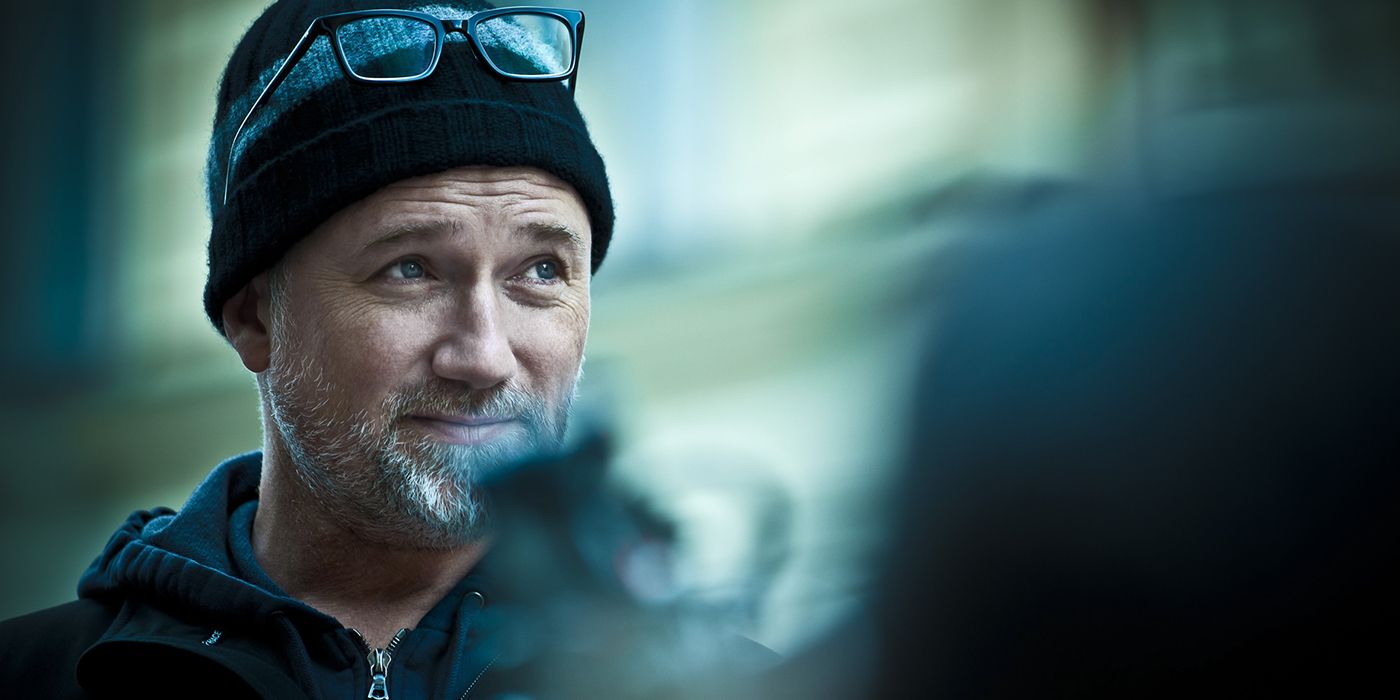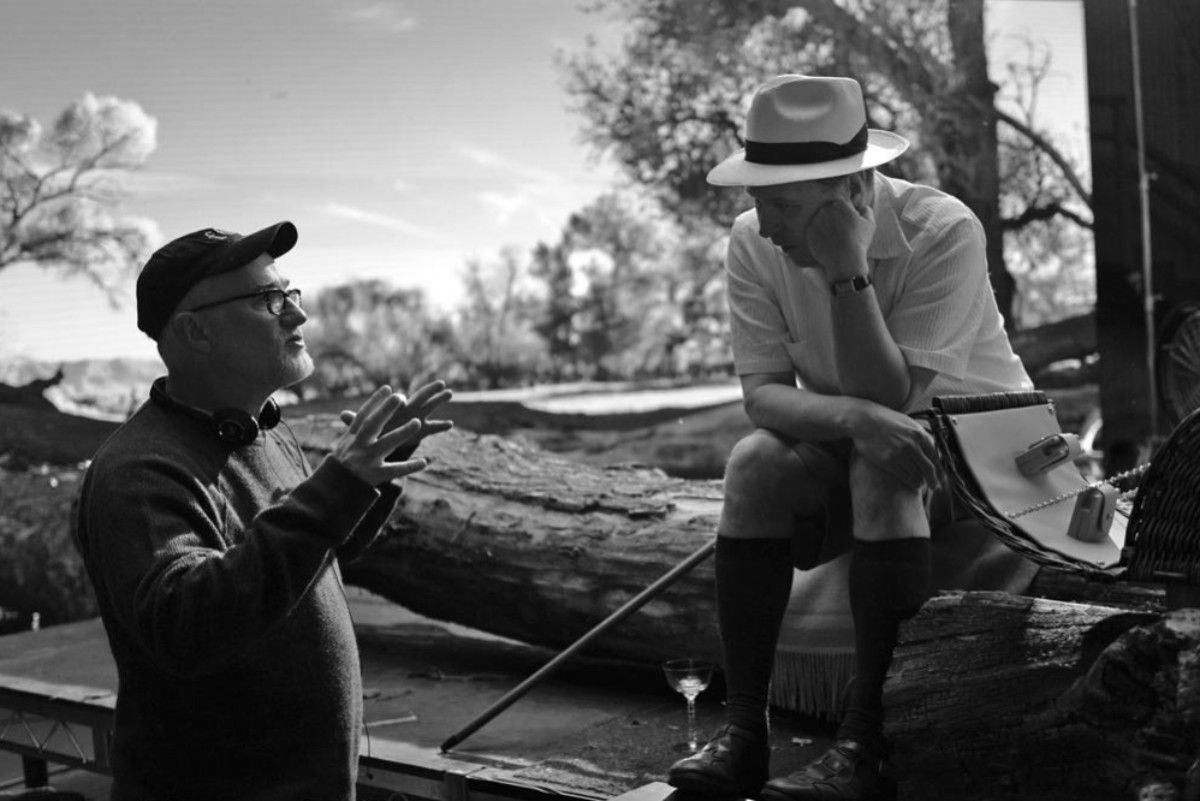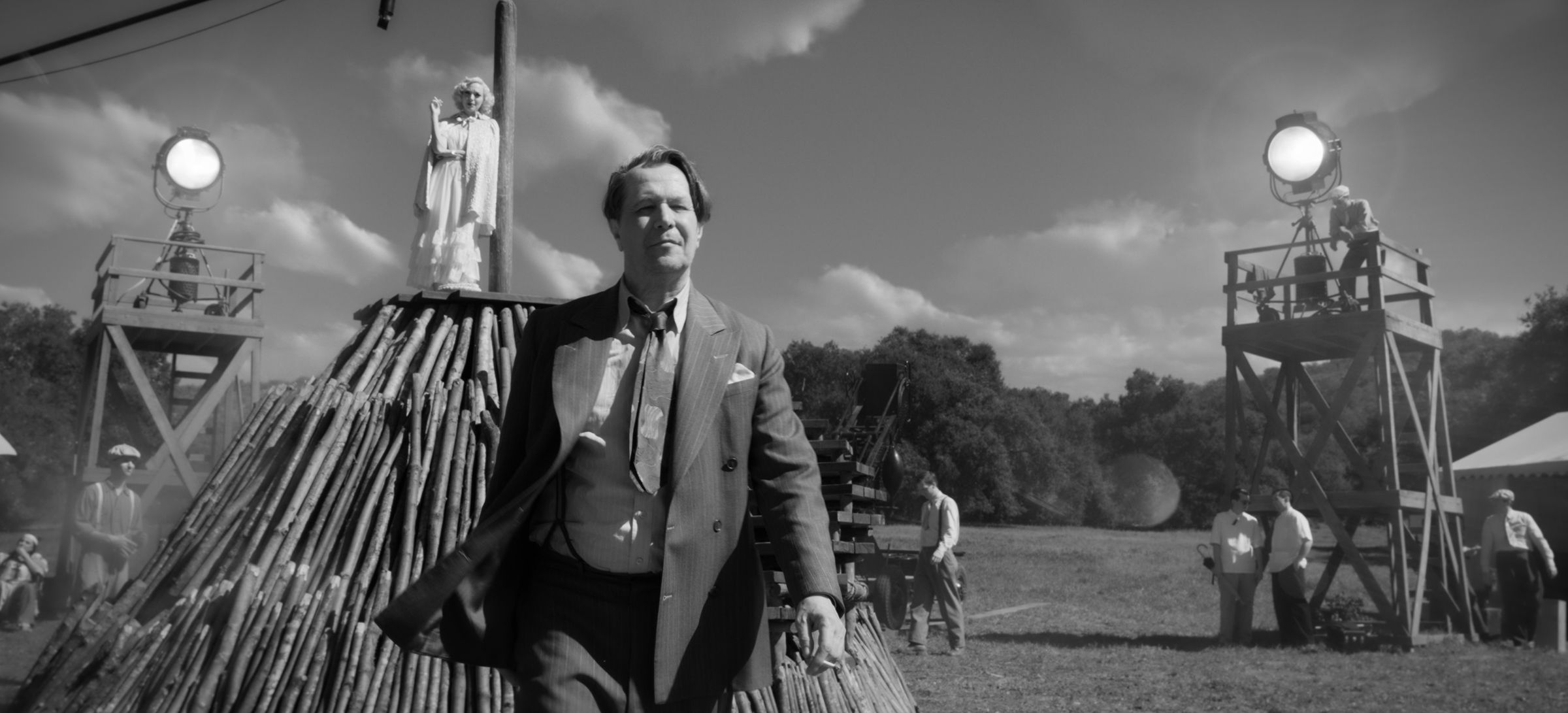The film industry has been going through some significant changes over the past nine months or so, but in truth it’s been going through a transformation of sorts for a long, long time. As blockbusters and franchises started cracking $1 billion at the box office, studios started putting most of their eggs in those baskets, leaving less money on the table for mid-range dramas or comedies. The arrival of Netflix and other streaming services further disrupted the paradigm, and as studios began making less non-franchise fare, those kinds of films (and filmmakers) flocked to Netflix, Amazon, and Apple to make the kinds of human dramas that big studios used to tout — sans a major theatrical release.
David Fincher is one such filmmaker, as the Oscar-nominated director saw a big-budget sequel fall apart over budget and creative differences (World War Z 2) and immediately moved over to Netflix to make the kind of film a studio like Paramount or Warner Bros. would be nervous to touch these days: a black-and-white period piece about old Hollywood. That film is Mank, which uses every available technological advancement to recreate the experience of watching a film made in the 1930s or 40s, and it’s currently in the thick of the awards race.
As part of the promotion for the film, Fincher said in an interview recently that there are really two kinds of movies being made at major studios right now: “spandex summer” or “affliction winter” prestige films. And in a new interview with Rolling Stone, Fincher was asked if he feels like he’s a dying breed given that he doesn’t identify with either category.
Rather than blast superhero movies or Oscar bait, Fincher gave an unsurprisingly thoughtful and pleasantly hopeful answer, explaining why he’s actually pretty optimistic about the future of movies and moviemaking:
“There will always be people who are poking and prodding and digging and searching for new ways to do the same thing, and new ways to do things that we haven’t even yet imagined. Look, directing movies is a little like painting a watercolor from three blocks away through a telescope with a walkie-talkie and 90 people holding the brush. And as frustrating as that sounds, it’s also thrilling and invigorating when it comes off.”
Fincher went on to note that in the scheme of things, we’ve really only scratched the surface of what cinema can do:
“Look, I believe that the tragedy of cinema today is that we’re only 100 years in and we think we know exactly what it is. We really don’t. What we’ve done is merely refined is an experience to a story, which is The Hero with a Thousand Faces over and over again. We beat this drum and we beat it fairly regularly, because it’s a scam that pays out. But if I was to believe that we have reached the limits of what cinema can do, make us feel, talk about, I would be inordinately depressed. I’m not. I’m emboldened and I feel that . . . I don’t need any more published screeds of me talking about how unfair it is that Marvel wants to make a profit. I don’t have an issue with that. I’ve never had an issue with that.”
The director concluded by acknowledging that things won’t stay the same because they’ve never stayed the same, and that’s what makes film and filmmaking so exciting:
“There’s this notion that the movies are dying. They’re not. There’s still minerals to mine, there are still jewels to be found, and there are still different ways to be shocked, entertained, uplifted, terrified. They’re just changing. You change with them. I think anyone who, like me, is curious about how to impart their story, there’s going to be plenty more opportunities, at least in the short term. And depending on how long this pandemic goes on, there may be need for a lot more.”
Forever and ever Amen.



